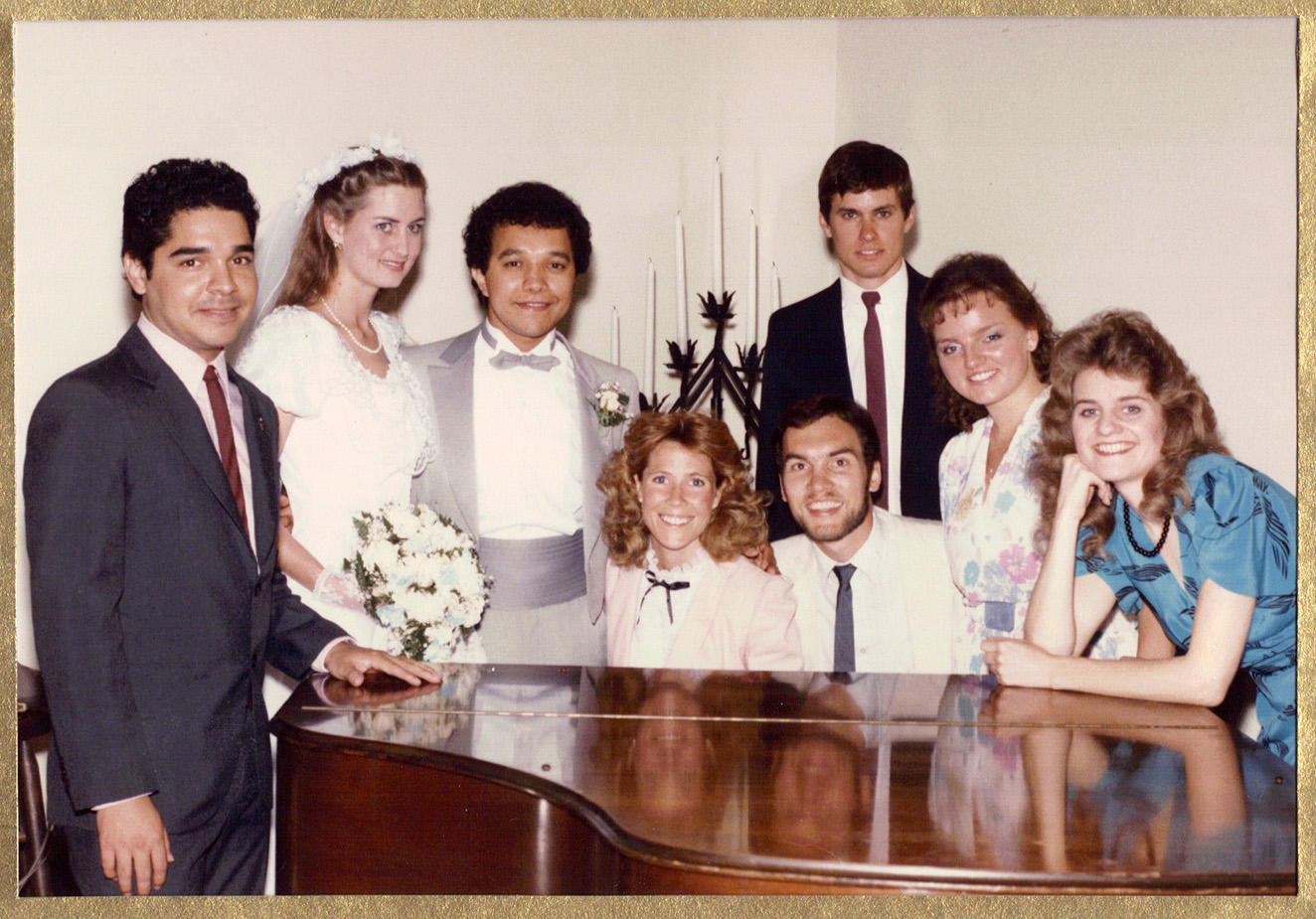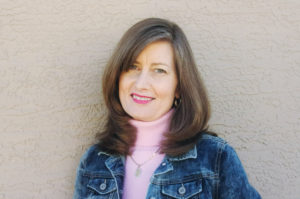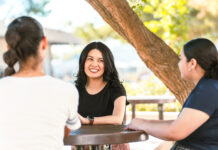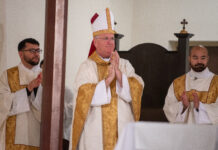
Years ago I met a man from the former Soviet Union who had grown up in a family of atheists. He was living with his girlfriend when I first got to know him, but a few weeks later, he had moved out.
“Why did you leave her?” I asked him.
“I thought about it and decided,” the man said. “Why should I stay in a relationship that doesn’t benefit me?”

His answer struck me as candid yet unsettling. An atheistic culture breeds this utilitarian view of human relationships, of course, but let’s not kid ourselves: In spite of America’s religious heritage, the sexual revolution has spawned a similar view here.
From rampant sexually transmitted diseases to widespread abortion and addiction to pornography, we see the tragic effects of what happens when the gift of sexual intimacy is taken outside the bonds of matrimony. The dignity of the human person suffers. Families are destroyed.
During the years when I was in college, I saw around me the brokenness of students who moved from one sexual relationship to the next. Feelings of emptiness and sadness were pushed aside and dealt with in unhealthy ways.
The All Saints Catholic Newman Center adjacent to Arizona State University was an oasis of goodness in the midst of all that. Friendships were built there on the firm foundation of faith in Christ. Decades later, those friendships still stand strong. From daily Mass and retreats to volleyball games and the joy of music, my husband and I refer to that era as the Golden Years. Many of us met and married because of the love that we found at the Newman Center in the 1980s.
It wasn’t about using people and casting them aside when they no longer benefitted us. Instead, it was about service, giving, sharing and loving. We learned to live our faith as adults and the friends who became our spouses shared that commitment to the Lord. Every family has gone on to serve the Church in some way.
This week marks 31 years since my husband and I took our wedding vows inside the historic old church just steps from ASU’s Tempe campus. We are deeply grateful for the friends and faith we found at the Newman Center and we’ve experienced joy in seeing that reflected in so many other marriages and families that began there.
We were Newman Center newlyweds living in a one-room apartment when Pipo was hired to work for a major company in the Valley. A few weeks ago, his boss gave him a catalog from which he could choose a gift to reward him for 30 years of service.
When the package was delivered to our home, we sat down together to open it. Inside, there was another small box and golden letters that spelled one word: Bulova.
“Good!” I thought to myself. “He’s finally getting a watch.” He’s been needing a watch for a few years now but had refused to buy one for himself.
When he opened the box, I was stunned. It was a watch all right — but it was a women’s watch.
“For you,” he said, turning to me. “I want you to have it.”
And that right there is a snapshot of marriage in Christ: It’s all about finding ways to sacrifice and give to the person you said “I do” to on your wedding day — and in that, finding a quiet joy. We’ve learned through the years that one of the best things you can do for your spouse is to make it a habit to ask, “How can I lighten your load today? What can I do that would help you the most?” That lesson of service is one that we saw modeled at the Newman Center and something we continue to see lived out in the marriages of those we met there.
Marriage in Christ is not about searching for ways someone can benefit you. Instead, it’s about dying to yourself and in that, discovering true love, joy and peace.






